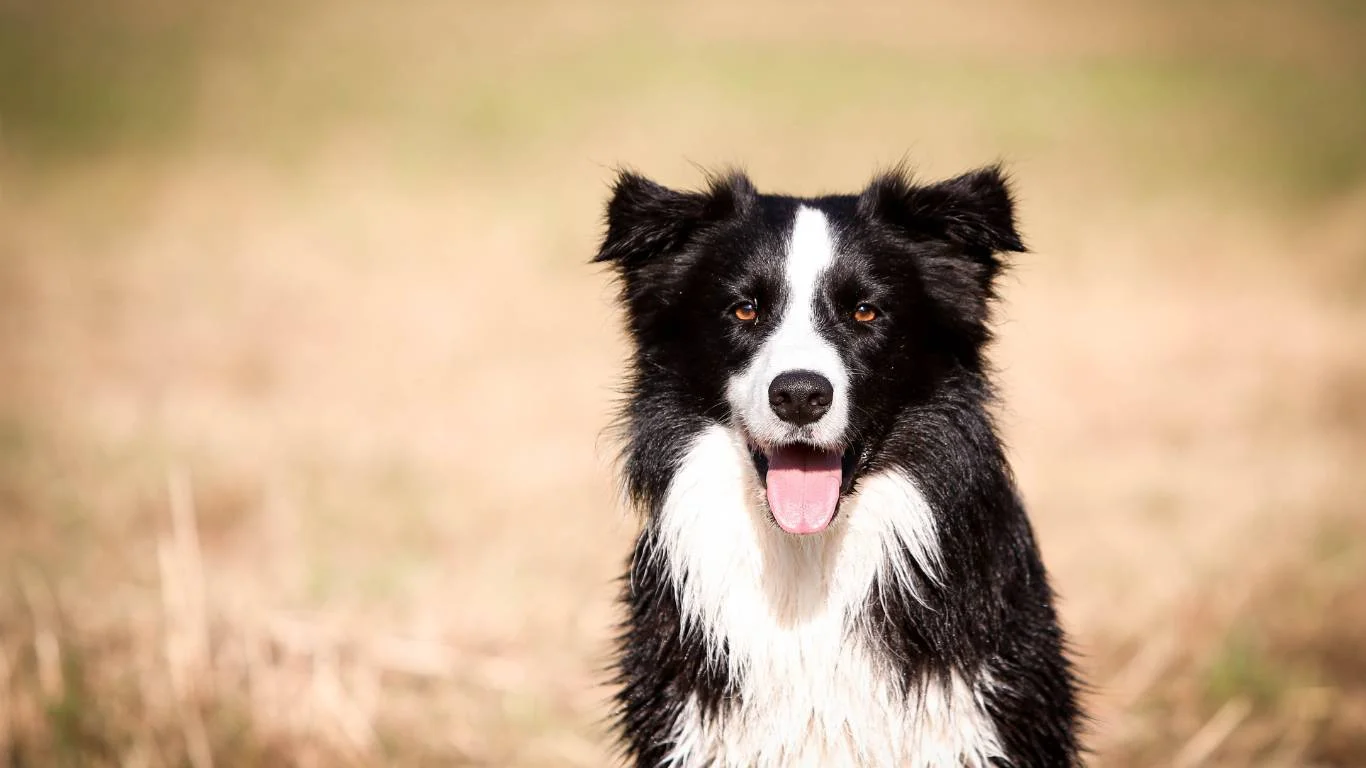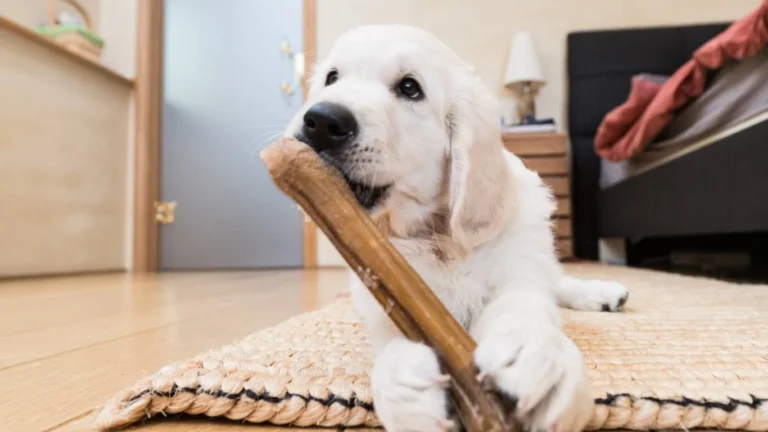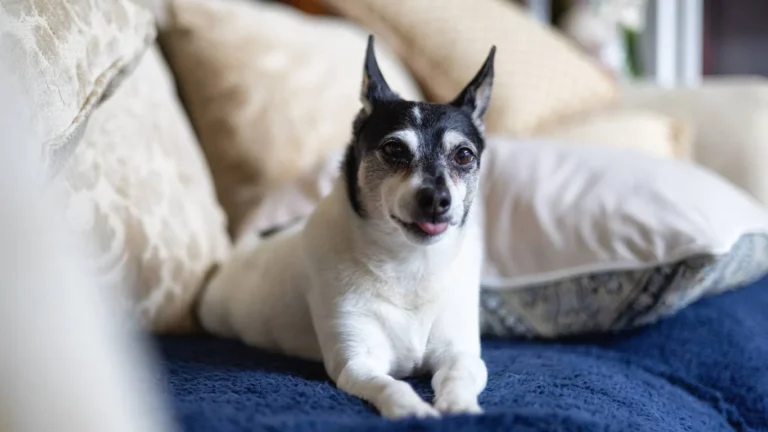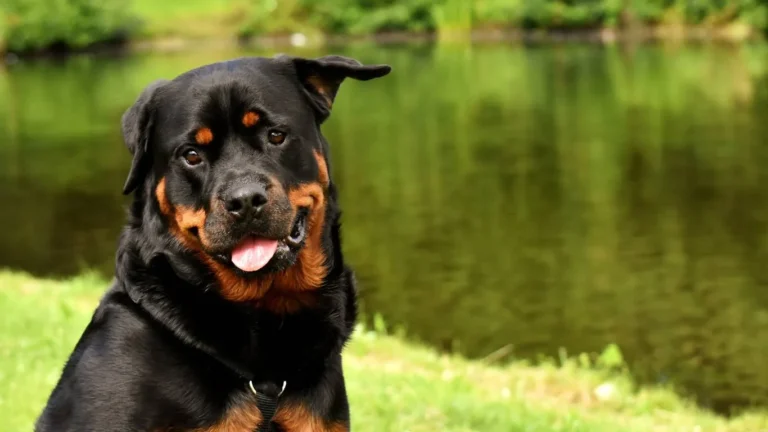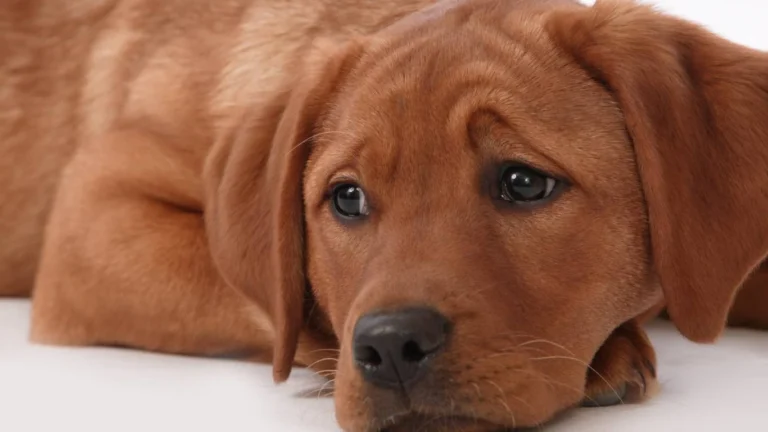What Causes Bad Body Odor in Dogs and How to Fix It Fast
Let’s be real—there’s nothing quite like a good cuddle with your pup, but if you’ve ever pulled away wondering, “What causes bad body odor in dogs?” you’re definitely not alone. As a veterinary assistant with a passion for pet nutrition, I’ve had more than a few smelly encounters in the clinic (and at home, too). Funky odors can be a red flag for health issues, not just a sign your dog rolled in something weird—again. And yeah, sometimes it’s just them being a dog, but when it sticks around? That’s when we dig a little deeper. Let’s talk all about that stinky situation, from a real-life, in-the-trenches perspective.
Understanding the Root of the Stink
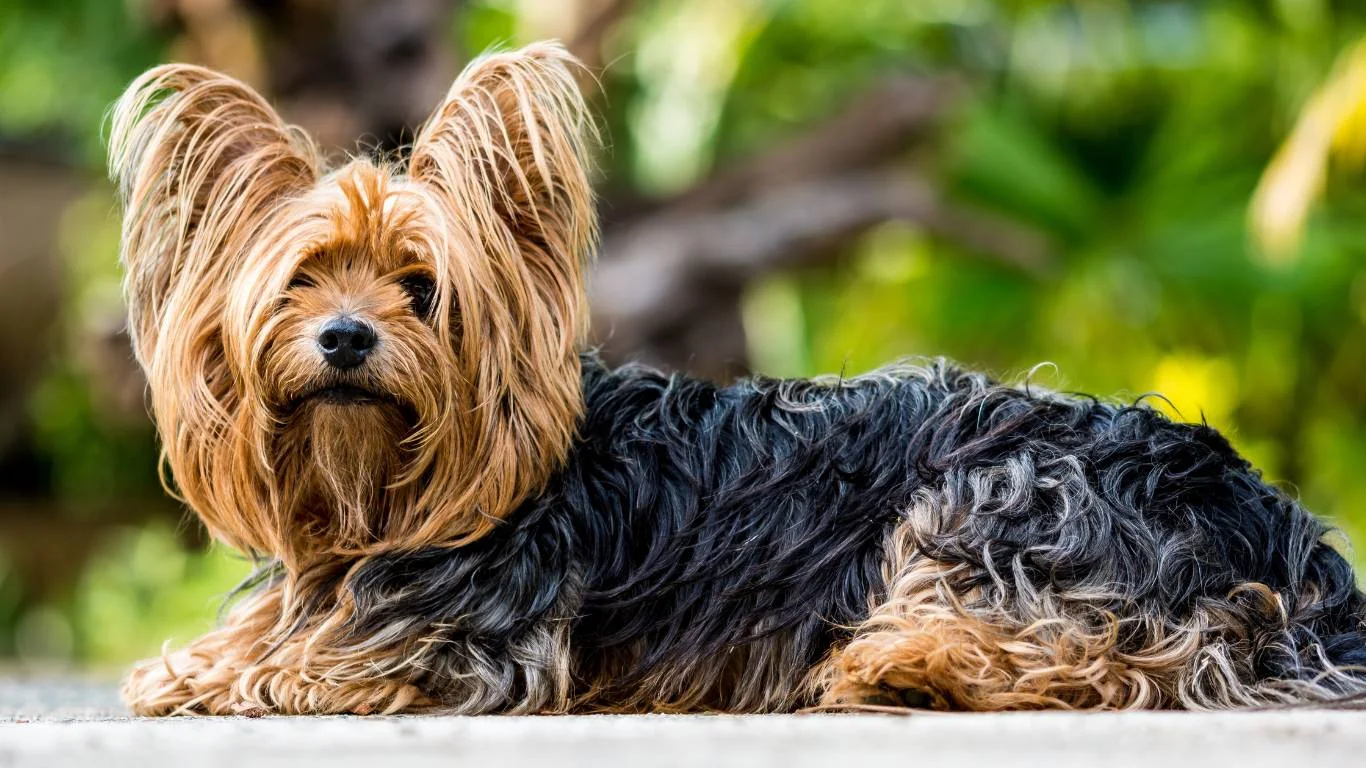
The Not-So-Obvious Culprits
Sure, dirt and grime play a role, but often, persistent doggy odor has underlying causes that might not be on your radar. In my experience, one of the most overlooked contributors is diet. You wouldn’t believe how many dogs I’ve seen improve their coat and smell just from a switch in kibble or adding fresh food. Skin is the body’s largest organ, and when internal systems are off—say, from allergies or gut imbalance—it can literally show up (or stink up) on the outside.
Skin Conditions: More Than Just Itchy
One of the top things I look for when a client says their dog smells bad is a skin issue. Common ones include:
- Yeast infections – especially in dogs with folds (hello, bulldogs!). Yeasty skin smells sweet, almost like corn chips… not in a good way.
- Seborrhea – This condition causes oily, flaky skin and a distinct smell that’s hard to ignore.
- Allergies – Whether food or environmental, allergies can trigger inflammation and secondary infections that come with a strong odor.
When I worked with a senior golden retriever last year—let’s call him Max—his skin looked fine on the surface, but the smell? Whoa. A skin scrape revealed a bacterial overgrowth. After some targeted shampoo therapy and a diet tweak, he was back to smelling like… well, a dog, but a cleaner one!
Oral Health: Not Just for Fresh Kisses
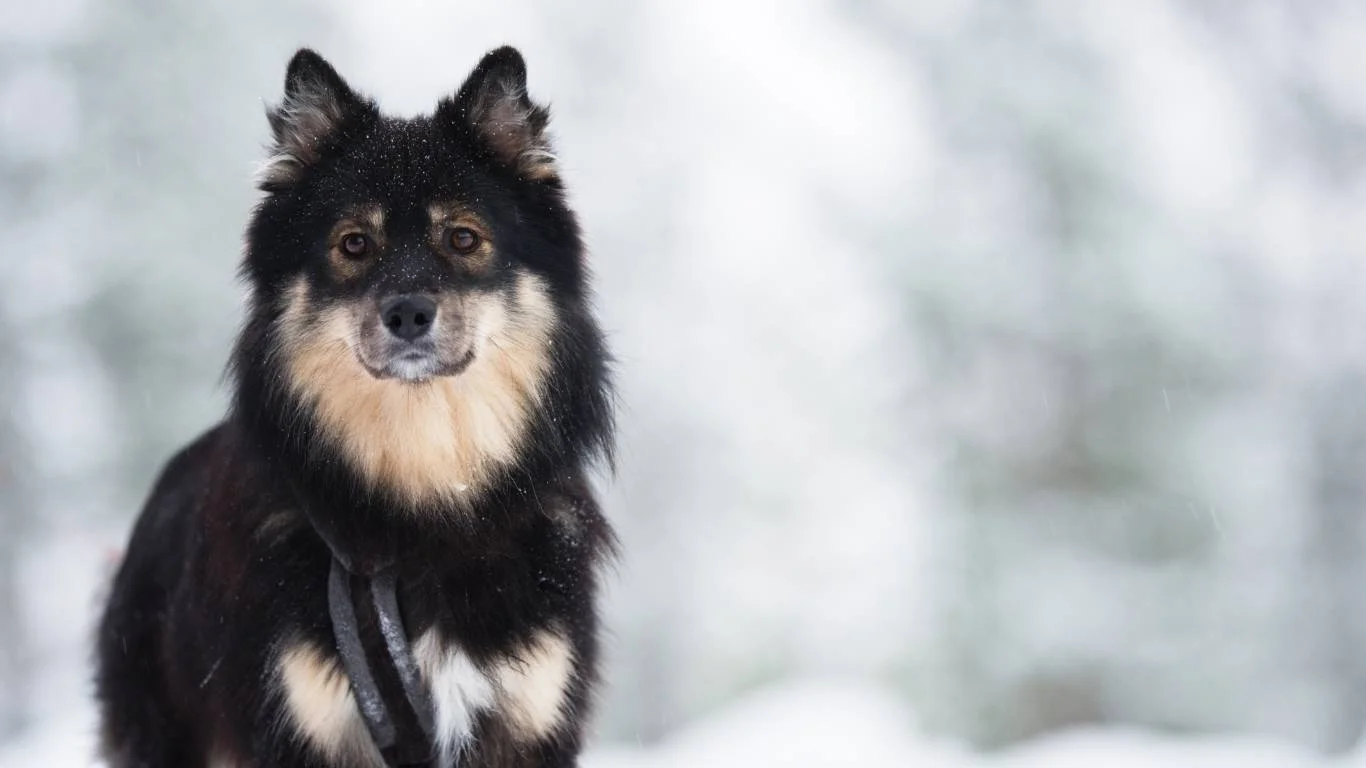
Stinky Mouth, Stinky Everything
Another super common cause of bad odor in dogs is poor dental hygiene. And it’s not just about gross breath. When plaque turns into tartar and gums get infected, bacteria can travel and cause a smell that seems like it’s coming from everywhere.
I had a client once who swore her husky’s fur was the issue. We did a full skin workup and nothing came up. Then I asked about dental care. She hadn’t brushed his teeth—ever. We did a professional cleaning, and bam! The mysterious “body odor” cleared up within a week.
How to Tell if It’s the Teeth
- Lift those lips—if you see yellow-brown tartar, it’s time to act.
- Check for red, inflamed gums or drooling.
- If your dog pulls away when you touch their face, it could mean oral pain.
Pro tip: Brush your dog’s teeth regularly, or at least use dental chews with enzymatic action. It’s a game changer.
Ears, Anal Glands, and Other Funk Factories

The Ears: Hidden Hotbeds for Odor
If your dog has floppy ears (like labs or cocker spaniels), they’re more prone to ear infections. These can cause a yeasty or sour smell that lingers. Sometimes, you’ll even notice head shaking or scratching before the odor kicks in.
I remember a sweet little beagle who came in for a “funky body smell” complaint. When I lifted his ear flap, it was clear. Thick discharge, redness, and a knock-you-back scent. After some ear meds and daily cleaning, the smell disappeared. Easy fix—but only if you know where to look.
Anal Glands: Yeah, We’re Going There
As gross as it sounds, impacted or infected anal glands are another sneaky source of odor. If your dog is scooting or licking their rear more than usual, it might be time for a vet (or vet assistant like me!) to express those glands.
It’s one of those tasks pet owners rarely want to talk about, but once done? Huge relief for the dog—and way less stench in the house.
Could Diet Be Causing the Smell?
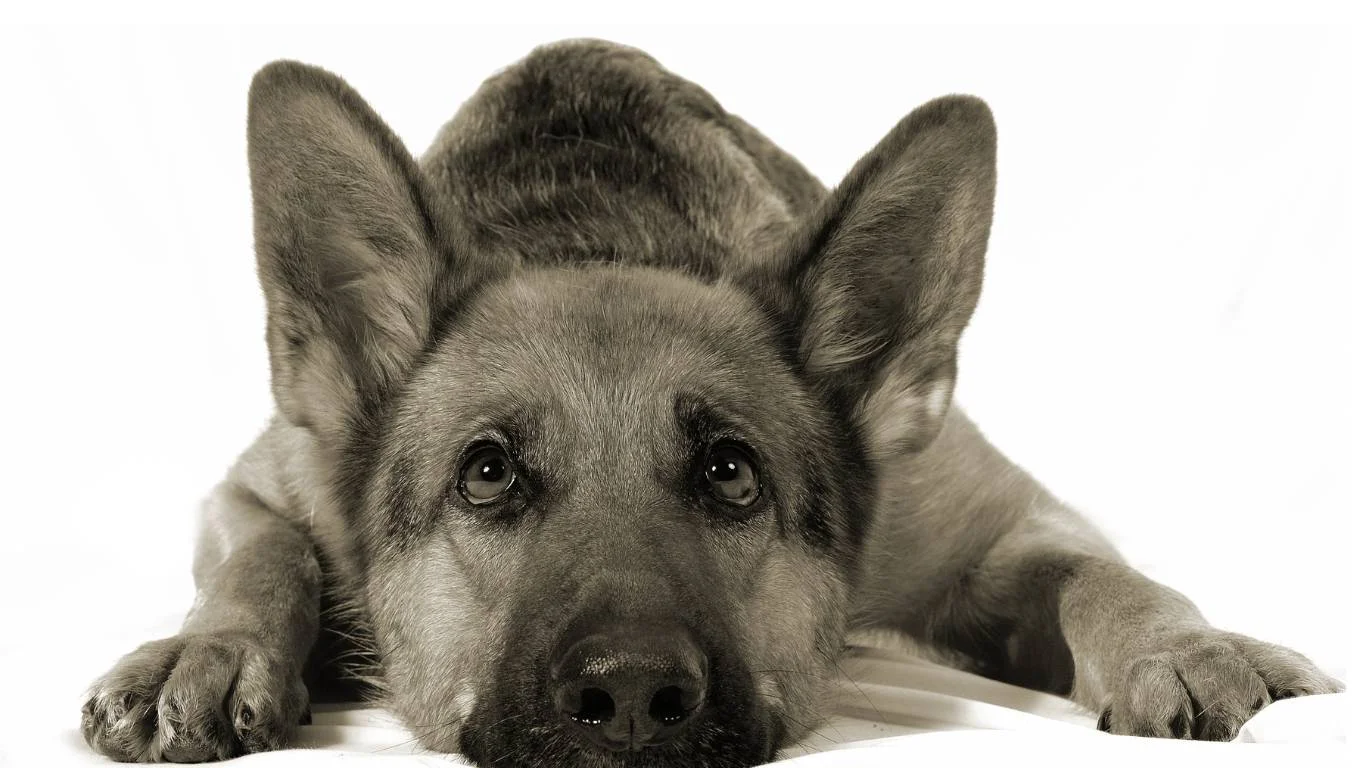
You Are What You Eat… and So Is Your Dog
If I had a dollar for every time a dog’s odor cleared up just by switching their food, I’d be writing this from a beach. Seriously though—nutrition plays a massive role in your dog’s overall smell. Low-quality food often contains filler ingredients, artificial preservatives, and questionable proteins that don’t sit well with a dog’s digestive system. And when digestion’s off, that funk can show up on their skin, breath, and even their ears.
I once worked with a Frenchie named Rolo who was fed mostly supermarket-brand dry food. His coat was dull, he scratched constantly, and, honestly, he stank. We gradually transitioned him to a high-quality, limited-ingredient fresh diet, and it was like night and day. Not only did the odor vanish, but he also became way more energetic and his skin calmed down.
Common Dietary Triggers
- Grains or soy – Can cause inflammation or allergic reactions in sensitive pups.
- Rendered fats – Often rancid and contribute to oily, smelly skin.
- Dyes and artificial flavors – Can mess with gut health and trigger odor-producing reactions.
Even adding omega-3-rich fish oil or a probiotic supplement can make a big difference in how your dog smells. Ask your vet or trusted nutrition-focused vet assistant (like me!) for advice tailored to your dog’s needs.
Hormonal Imbalances and Medical Issues

When It’s More Than Skin Deep
Sometimes, despite bathing, brushing, diet changes, and clean ears, your dog still smells… off. That’s when I start thinking about internal issues. Hormonal disorders like hypothyroidism or Cushing’s disease can totally change how a dog smells. These conditions usually show up alongside symptoms like weight gain, lethargy, and coat changes—but odor is often an early warning sign.
I saw a case a couple years ago with a senior spaniel whose owner said, “She smells like she’s rotting.” Harsh, I know—but they weren’t wrong. Turns out, the dog had a thyroid condition that was affecting her skin’s ability to regenerate, leading to infections. Once her thyroid was managed with medication, the odor and skin issues resolved almost completely.
Other Medical Causes of Bad Dog Smell
- Kidney or liver disease – Can lead to a metallic or ammonia-like odor.
- Diabetes – Sweet-smelling breath (fruity) could be a sign of ketoacidosis.
- Infected wounds or abscesses – Hidden beneath the coat, these can fester and produce a foul odor.
If your gut is telling you something’s not right and the smell persists despite your best efforts, it’s worth getting blood work or a full physical done.
Environmental Factors You Might Be Missing
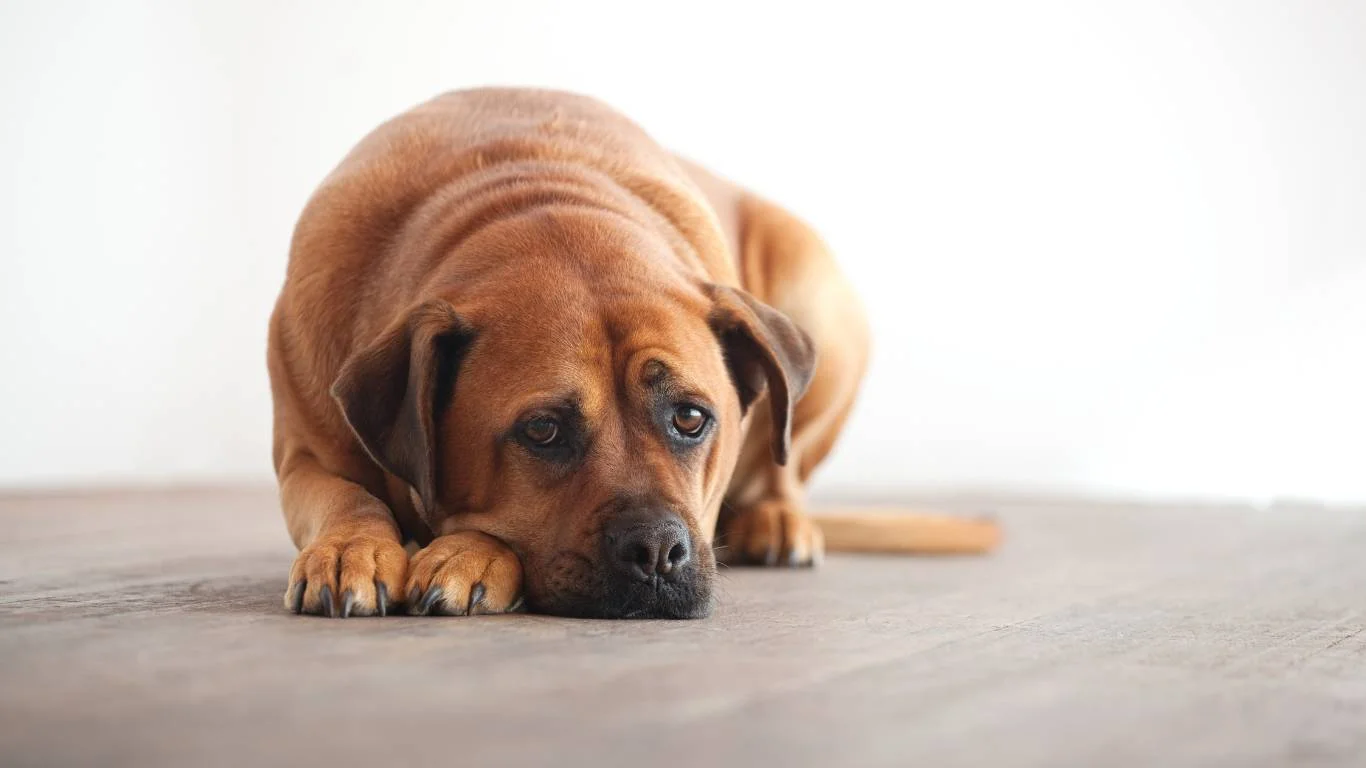
What Your Dog Rolls In Matters
Let’s not forget the obvious: sometimes dogs just get into gross stuff. Dead critters, dirty ponds, garbage—you name it, I’ve cleaned it off a dog. And the thing is, they seem proud of it! Some dogs are repeat offenders, too. I had a lab who came in every few weeks covered in pond scum. His owner called it “his signature cologne.”
But sometimes the environment contributes in sneakier ways. Moldy bedding, dirty collars, and unwashed crates can all harbor bacteria that cling to your dog’s coat. Even using the wrong kind of shampoo (especially ones with heavy perfumes) can backfire and actually trap odors instead of cleaning them out.
Easy Environmental Fixes
- Wash bedding weekly with hypoallergenic detergent
- Disinfect collars, harnesses, and grooming tools regularly
- Rinse off after hikes or outdoor play in muddy areas
- Use vet-recommended shampoos that support the skin microbiome
Oh, and pro tip: make sure to completely dry your dog after a bath. Damp fur is the perfect place for bacteria and yeast to thrive. I always recommend using a blow dryer on a low, warm setting—especially for thick-coated breeds like shepherds or doodles.
When to Call the Vet

Sniffing Out the Serious Stuff
Look, I get it—sometimes you just want your dog to stop smelling like a foot. But when home care isn’t cutting it, getting a professional opinion is the smart move. If your pup’s odor changes suddenly, gets stronger, or is paired with other symptoms like lethargy, changes in appetite, or visible skin issues, don’t wait.
From my experience in the clinic, early intervention is everything. I’ve seen minor skin infections turn into deep pyoderma just because it was chalked up to “just a smelly dog.” Trust your nose. If it smells bad enough to bother you, it’s probably bothering your dog, too.
Grooming: More Than Just a Pretty Coat
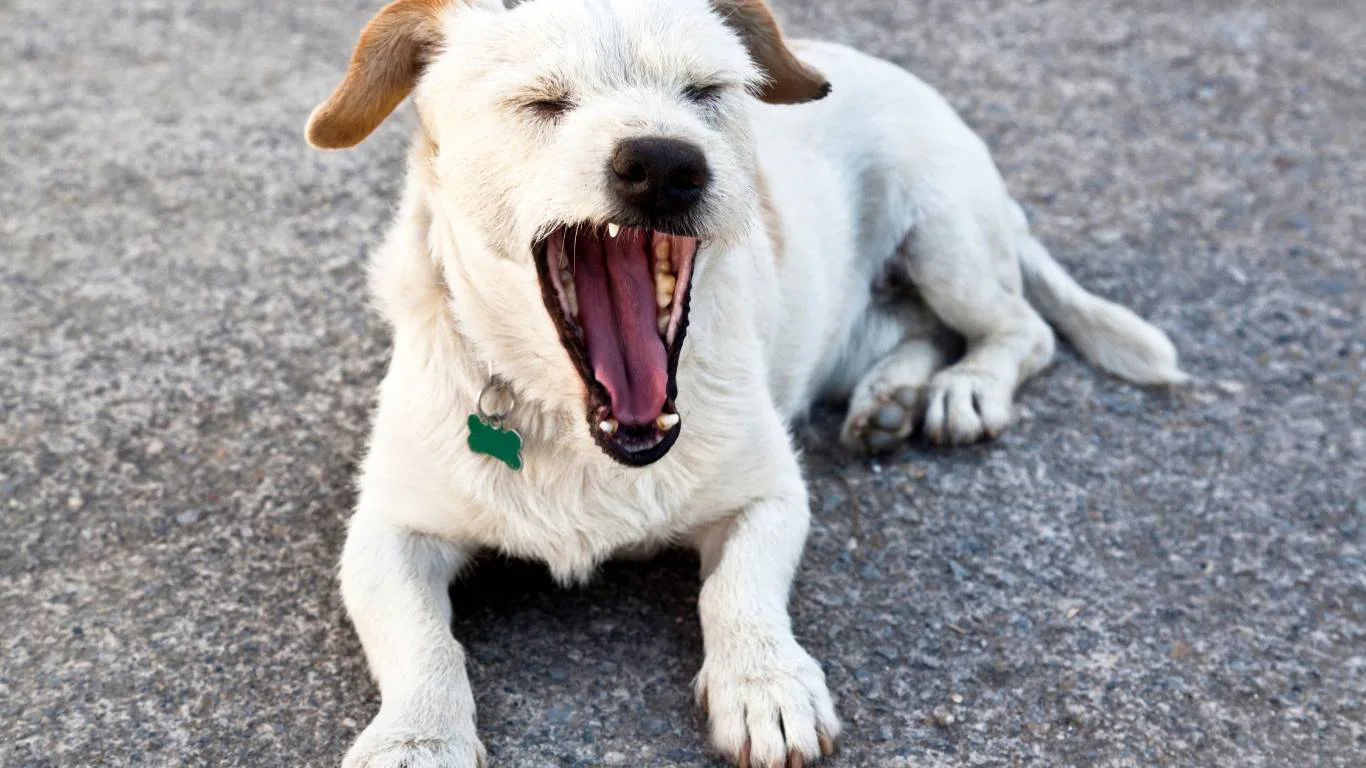
The Right Routine Makes All the Difference
Let’s talk grooming. You’d be surprised how many smelly dogs I’ve met who just needed a consistent grooming routine. I’m not saying you need to turn your bathroom into a pet spa, but regular brushing and bathing really do go a long way. Especially if your pup has a thick or double coat—those types tend to trap oils, dirt, and odor-causing bacteria like a sponge.
I once worked with a malamute mix named Buddy who came in for “mysterious stink” every couple of months. Turned out, he wasn’t getting brushed all the way down to the skin. The undercoat was matted and moist. Once his owner committed to weekly brushing and regular blowouts? Boom. Smell gone, happy dog, even happier household.
Grooming Tips That Actually Help
- Brush regularly – especially for long-haired or double-coated breeds
- Use dog-specific shampoos – human shampoos can mess with their pH and make things worse
- Dry completely – moisture = odor and bacteria
- Clean those paws and folds – especially after walks in wet or dirty areas
And if you’re not sure where to start, a professional groomer or your vet’s office can help set you up with a routine that fits your dog’s breed and lifestyle.
Why Some Breeds Just Smell More

Breed-Specific Odors (Yep, It’s a Thing)
Okay, I’m just going to say it: some breeds just have a stronger natural scent than others. It’s not a flaw—it’s biology. Dogs with oily coats, lots of skin folds, or floppy ears are more prone to developing that “doggy odor” even if they’re perfectly healthy. I’ve worked with plenty of basset hounds, cocker spaniels, and bulldogs where we ruled out every possible issue—skin, ears, teeth, diet—and still, they had a certain… aroma.
That doesn’t mean you’re stuck with it! It just means you need to stay on top of preventive care and embrace that this might be part of your dog’s charm. (And hey, we all have our quirks.)
Breeds That Might Need Extra Help With Odor
- Basset Hounds
- Shar Peis
- English Bulldogs
- Labrador Retrievers (especially those that love water)
- Cocker Spaniels
For these breeds, I usually recommend using an antibacterial or antifungal shampoo every few weeks, regular ear cleaning, and checking skin folds daily. It might sound like a lot, but your nose (and your pup) will thank you later.
Wrapping It All Up—Trust Your Instincts
At the end of the day, you know your dog best. If something feels off or the smell changes suddenly, it’s totally okay to bring them in—even if it turns out to be nothing serious. I always tell clients: “It’s better to ask and feel silly than to wait and regret it.”
And remember, odor is just one part of the puzzle. When paired with other signs—like itching, changes in behavior, licking certain spots, or appetite changes—it can tell us so much more about what’s going on inside.
Don’t hesitate to be proactive. Whether it’s asking your vet about food changes, checking for hidden infections, or just improving grooming habits, these small steps can make a huge impact. I’ve seen it time and again in the clinic—and with my own pack of furballs at home.
Helpful Resources
- American Veterinary Medical Association (AVMA)
- ASPCA – Dog Care & Wellness
- PetMD – Canine Health Guides
- American Animal Hospital Association (AAHA)
Disclaimer
This article is based on my personal experience as a veterinary assistant with a focus on pet nutrition, along with general best practices. It is not intended to replace professional veterinary advice. Always consult your veterinarian for guidance specific to your dog’s health condition.
